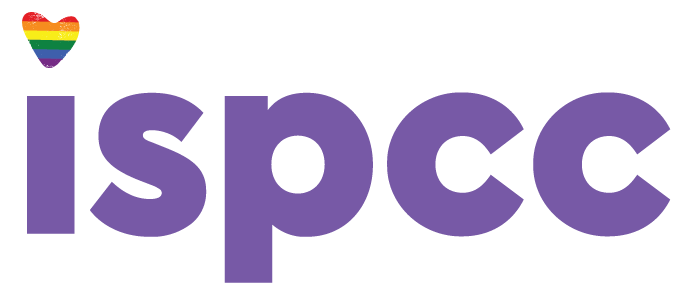
Today, the Joint Committee on Education, Further and Higher Education, Research, Innovation and Science published its report on School Bullying and the Impact on Mental Health.
The ISPCC made a submission to the public consultation and is delighted to see some of its representation within the final report.
In its submission, the ISPCC highlighted that there was clear evidence that school bullying does have an impact on children’s mental health, with this impact sometimes lasting into adulthood, but that a dearth in research made it difficult to understand the prevalence and impact of the problem.
Therefore, it is encouraging to see one of the report’s recommendations outline the need for improved data gathering and analysis to inform future policy priorities and service provision.
Ireland has struggled to address the issue of bullying effectively because of this lack of data, particularly in terms of bullying incidence and presentation, and ‘what works’ in the management of bullying cases.
The recommendation to establish a National System for the compilation of disaggregate Data Collation and Measurement on incidences of Bullying and Cyberbullying in all Primary and Secondary Schools is to be welcomed.
Furthermore, it is encouraging to see the report recommend that the Department of Education treats the issue as a priority.
John Church, ISPCC CEO responded: “This report states clearly that bullying, online or otherwise, is not to be tolerated; it is not a ‘rite of passage’ and it is not ‘just a feature of childhood’.
“We know from the children we listen to and support on our Childline service that bullying can have short and long-term effects on a person’s mental health and we all have a responsibility to work towards preventing it occurring in the first instance.”
Strengthening children’s resilience is at the core of the work the ISPCC does.
It is imperative that children are afforded every opportunity to strengthen this skill to be better able to cope with life’s inevitable adversities, including being able to address school bullying in a way that limits the impact such an experience has on their mental health and that allows them to ‘bounce back’ better.
The recommendation of a reconstituted and enhanced on-site National Educational Psychological Service (NEPS) is to be welcomed too.
John Church continued: “In terms of cyberbullying and the impact that can have on a person’s mental health, we welcome the recommendation that an Online Safety Commissioner with the power to deal with individual complaints be established as a matter of priority.
“The ISPCC has and continues to call for the establishment of same.
“Whilst all the recommendations in today’s reports are broadly to be welcomed, they will need significant budgetary considerations.
“We ask that appropriate funds be ring-fenced to ensure these recommendations are implemented without delay if we are to begin to tackle this issue meaningfully.”
